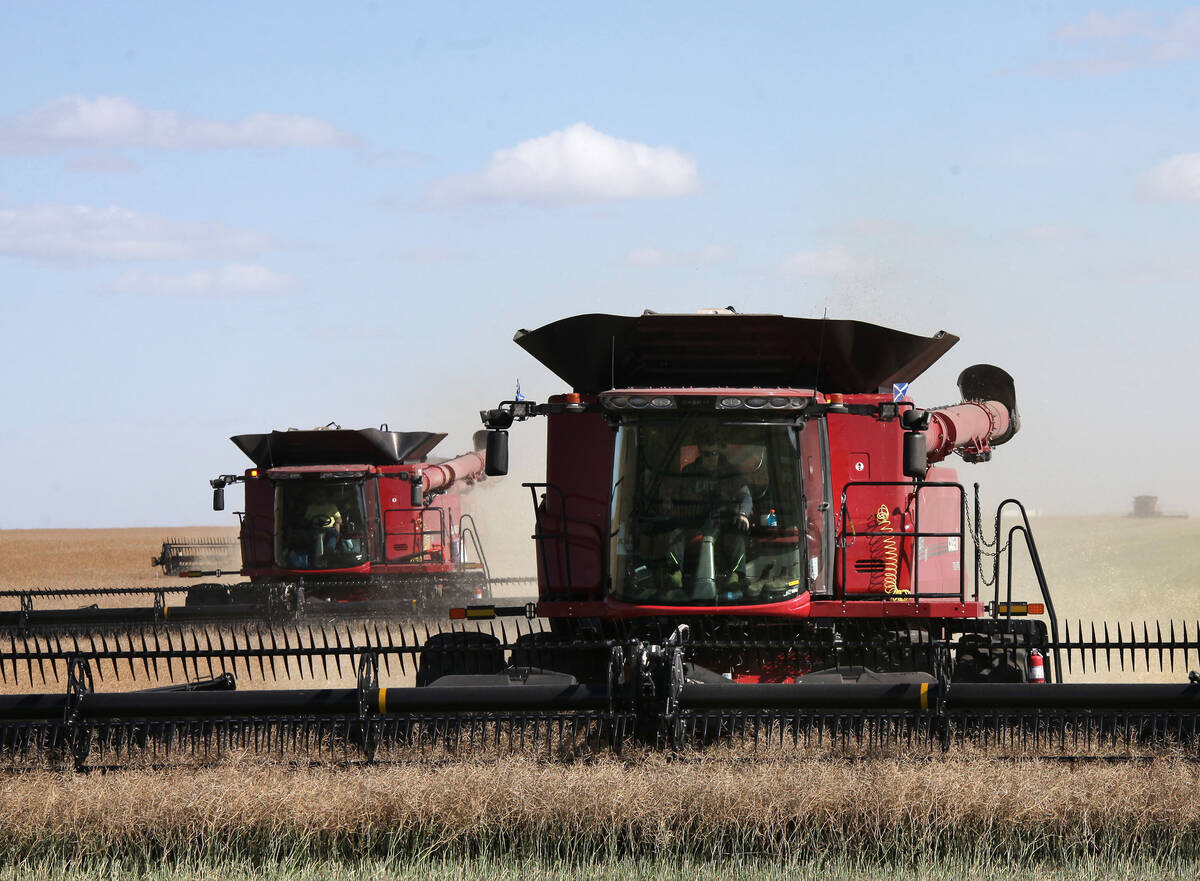Amman | Reuters — An international food crisis exacerbated by the Ukraine war has spurred Canada to boost an over $6 billion annual foreign aid budget to help the most hard-hit countries in Africa and the Middle East, Canada’s aid minister said on Thursday.
“The Ukraine crisis is creating shock waves when it comes to supply chain and especially food security and impacting the most vulnerable at the most difficult time,” said Harjit Sajjan, minister of international development.
“We are making adjustments to reflect this… People are going hungry because the prices of food have gone up,” Sajjan told Reuters in an interview in Jordan, the first leg of a regional tour that also takes him to Egypt and Lebanon.
Read Also

Notable changes in exports to China, India
China and India figured prominently in the September export data issued by the Canadian Grain Commission on Nov. 7. For the most part, the CGC’s numbers highlighted issues with grain, oilseed and pulse exports from licensed facilities to those countries.
He did not give the new aid figure but the Ottawa-based Canadian International Development Platform said there was a 27 per cent rise in foreign aid last year to around $6.6 billion.
The United Nations has said a global food crisis fuelled by conflict, climate shocks and the COVID-19 pandemic is growing because of the ripple effects of the war in Ukraine driving rising prices of food, fuel and fertilizer.
Over 50 million people in eastern Africa will face acute food insecurity this year, according to a new study backed by the U.N.’s World Food Program (WFP) and Food and Agriculture Organization (FAO).
Sajjan said Canada is boosting aid to the WFP, whose annual requirements have reached an all-time high of $22.2 billion, without taking away from other development programs.
“We have increased our support for the Middle East region when it comes to food,” he said citing as one example Lebanon, which has a significant reliance on Ukraine wheat and is facing bread shortages.
He described as a positive step an agreement brokered with Russia and Ukraine last month by the United Nations and Turkey to unblock grain exports from Black Sea ports but said the few shipments so far were not enough to ease the crisis.
Canada was also increasing aid to Egypt, typically the world’s biggest wheat importer, and to Afghanistan, Yemen and Syria that have been riven by conflict.
Canada was also looking at how to help improve resilience in African countries, noting in particular the continent’s shortage of food storage.
— Suleiman Al-Khalidi is Reuters’ chief correspondent for Jordan and Syria.














